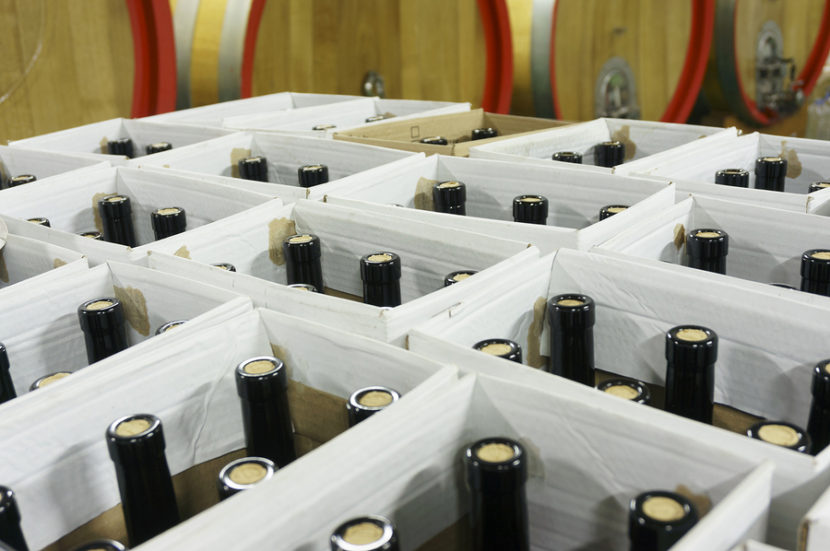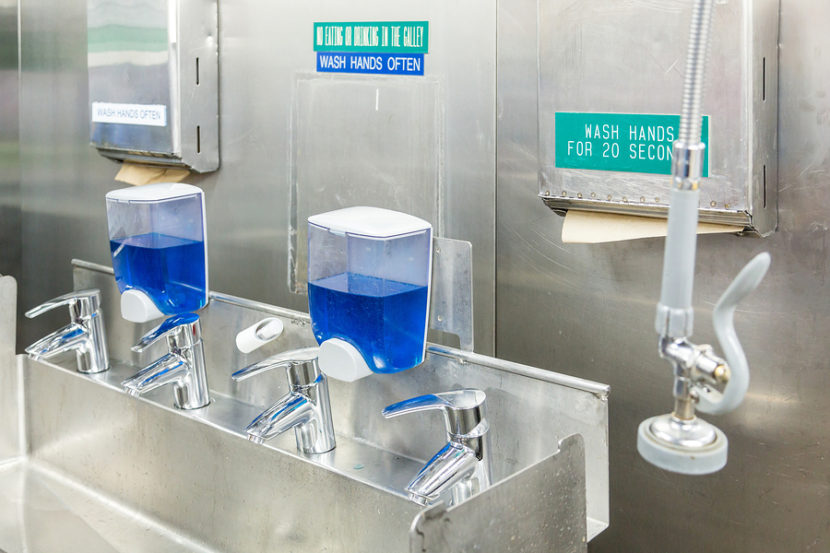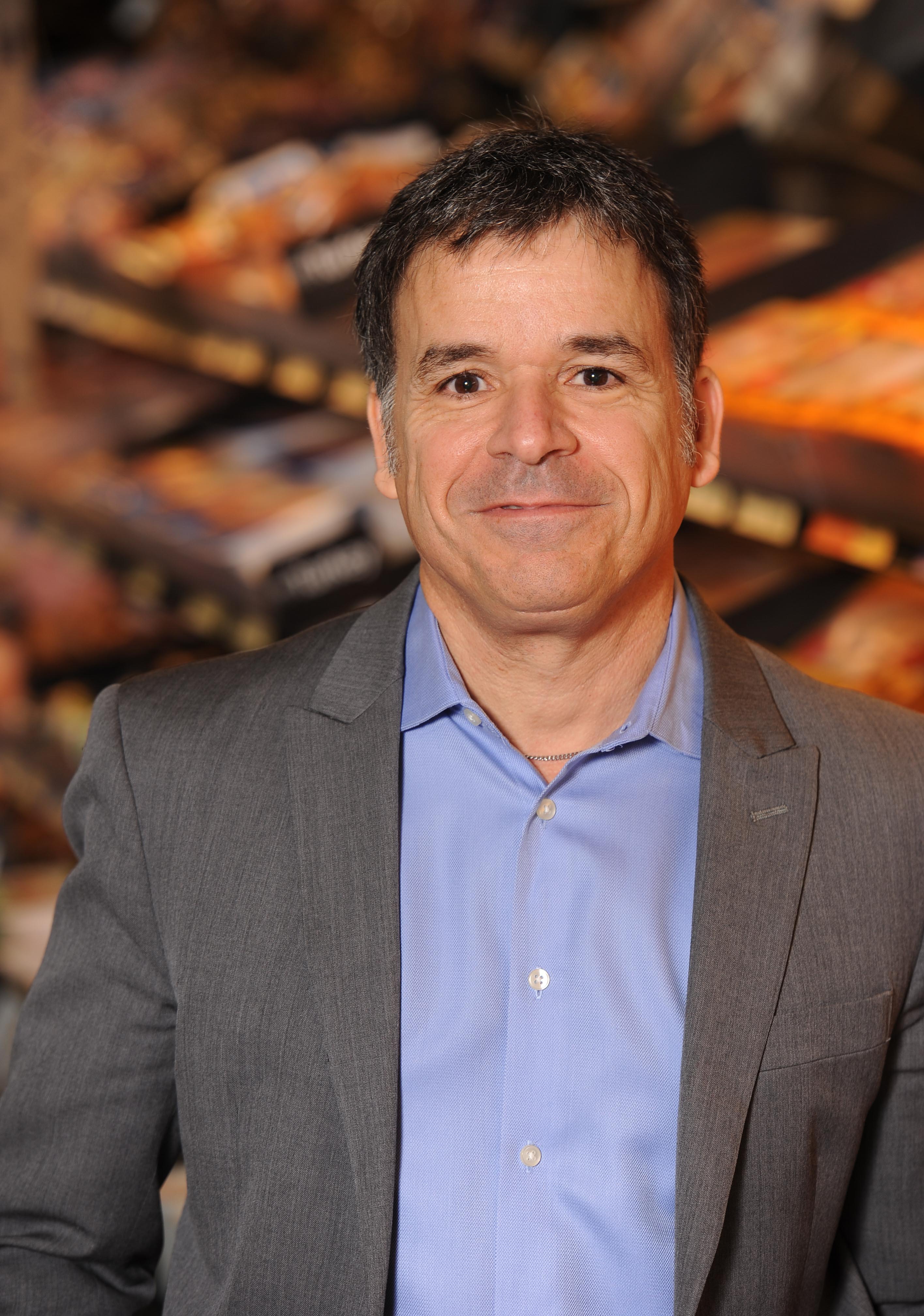Protect Your Brand from Food Fraud by Leveraging a Track and Trace System
By Gennady Volchek
The global economic value of counterfeiting and piracy is estimated to reach $2.3 trillion by 2022, and account for the loss of 5 million jobs.
In today’s world, the more your brand capital grows, the more likely you are to become a target for counterfeiters. Brands across many industries are paying the price for their popularity, but some are more at risk than others.
Alcohol is an increasingly popular target: in the EU, counterfeit wine and spirits cost businesses €1.3 billion each year.
China is one of the biggest markets for counterfeit alcohol, where it’s estimated that one quarter of imported spirits are fakes.
Australia isn’t far behind: investigators have discovered many different fake whiskies for sale, and customs officials seize over 500,000 suspected counterfeit goods at borders every year – including large quantities of alcohol.
With any consumable product the problem isn’t simply financial: there are significant health risks, too. If a counterfeiter believes they can make a profit from your brand capital, they will – no matter the risk to someone’s health or safety.
No brand supports counterfeiting, but insufficient action to protect consumers, puts others at risk.
For any food and beverage brand, product protection is incredibly complex. The system must be sophisticated enough to track every ingredient from farms to production, and then throughout the supply chain until the product is in the hands of the end consumer.
The consumer is also entitled to know exactly what they will be consuming, how the product was made, what went into it, how it was handled during shipment, and so on. They may not want to get too technical, but they need enough information for peace of mind.
Chilean winemaker PengWine is one of the most recent brands to address these problems directly by using the Authenticateit platform to track and trace their products globally. PengWine’s CEO Chris Milliken says that coming onto the platform has been a “game-changer” for them in their Asia Pacific (APAC) expansion:
“PengWine is a quickly recognizable, premium wine brand, and our repeat business is significantly higher than the average. Clients want to build long-term relationships with us. But this makes us a target: we’ve realized that unless we put measures in place, counterfeiters will take advantage of our brand. This would damage our bottom line, but could also put our customers at risk—which is something we can’t allow.”
Supply Chain Details
With the Authenticateit platform, distributors, retailers and consumers simply scan a GS1 barcode on a bottle or palette, and the Authenticateit app will verify its authenticity and detail the supply chain leading up to that point. If there’s an issue, PengWine can immediately identify it based on the data supplied by the Authenticateit platform—and activate product recalls if necessary.
Product recalls are a risk for every food producer, but in order to successfully protect consumers, the brand needs to know exactly where the at-risk products are and then find a way to quickly communicate with these consumers.
If such a situation were to arise for PengWine, company officials can identify which product the recalled ingredient was used in, where they are, and quickly remove them from the supply chain. If the product was in the hands of the consumer, the app would immediately notify them of the recall. This means brands can more closely shape the way their message is shared and followed up.
No brand supports counterfeiting, but insufficient action to protect consumers puts others at risk. In some areas, governments are also stepping in, with many making it mandatory for brands to implement a track and trace solution.
In today’s world, an investment in brand protection is essential to protect consumers and ensure sustainable and successful growth. Fortunately, the technology exists to make that possible.
About the Author
Gennady Volchek is founder and CEO of Authenticateit. Throughout Gennady’s career, he has built a number of businesses from scratch in different verticals, including publishing, telecommunications, Pay TV and more. Since 2011, Gennady has been CEO of Authenticateit, and is often called on as an expert in panel discussions and forums on illicit trade, brand protection and consumer safety.

-
 FeaturedRisk management
The Cost of a Breach: What a Cyberattack Could Mean for Food Safety Recalls
FeaturedRisk management
The Cost of a Breach: What a Cyberattack Could Mean for Food Safety Recalls
-
 FeaturedRisk management
Securing the Food Chain: How ISO/IEC 27001 Strengthens Cybersecurity
FeaturedRisk management
Securing the Food Chain: How ISO/IEC 27001 Strengthens Cybersecurity
-
 FeaturedRisk management
Revolutionizing Food Safety Training: Breaking Out of the “Check-the-Box” Mentality
FeaturedRisk management
Revolutionizing Food Safety Training: Breaking Out of the “Check-the-Box” Mentality
-
 GFSI Standards
GFSI 2025: Building Trust, Tech-Forward Solutions, and Global Unity in Food Safety
GFSI Standards
GFSI 2025: Building Trust, Tech-Forward Solutions, and Global Unity in Food Safety
-
 FeaturedFood Safety
Integrated Pest Management: Strategies to Protect Your Brand’s Reputation
FeaturedFood Safety
Integrated Pest Management: Strategies to Protect Your Brand’s Reputation
-
 FeaturedFood Safety Culture & Training
No Open Door Policy: Challenges That Impact Pest Control in Food Processing Plants
FeaturedFood Safety Culture & Training
No Open Door Policy: Challenges That Impact Pest Control in Food Processing Plants




